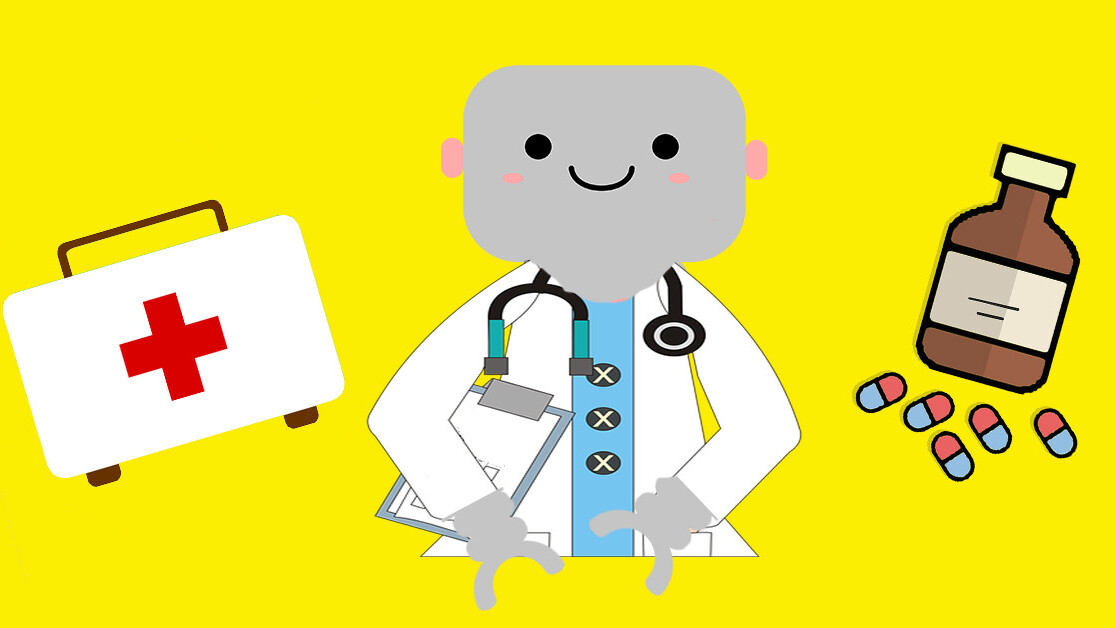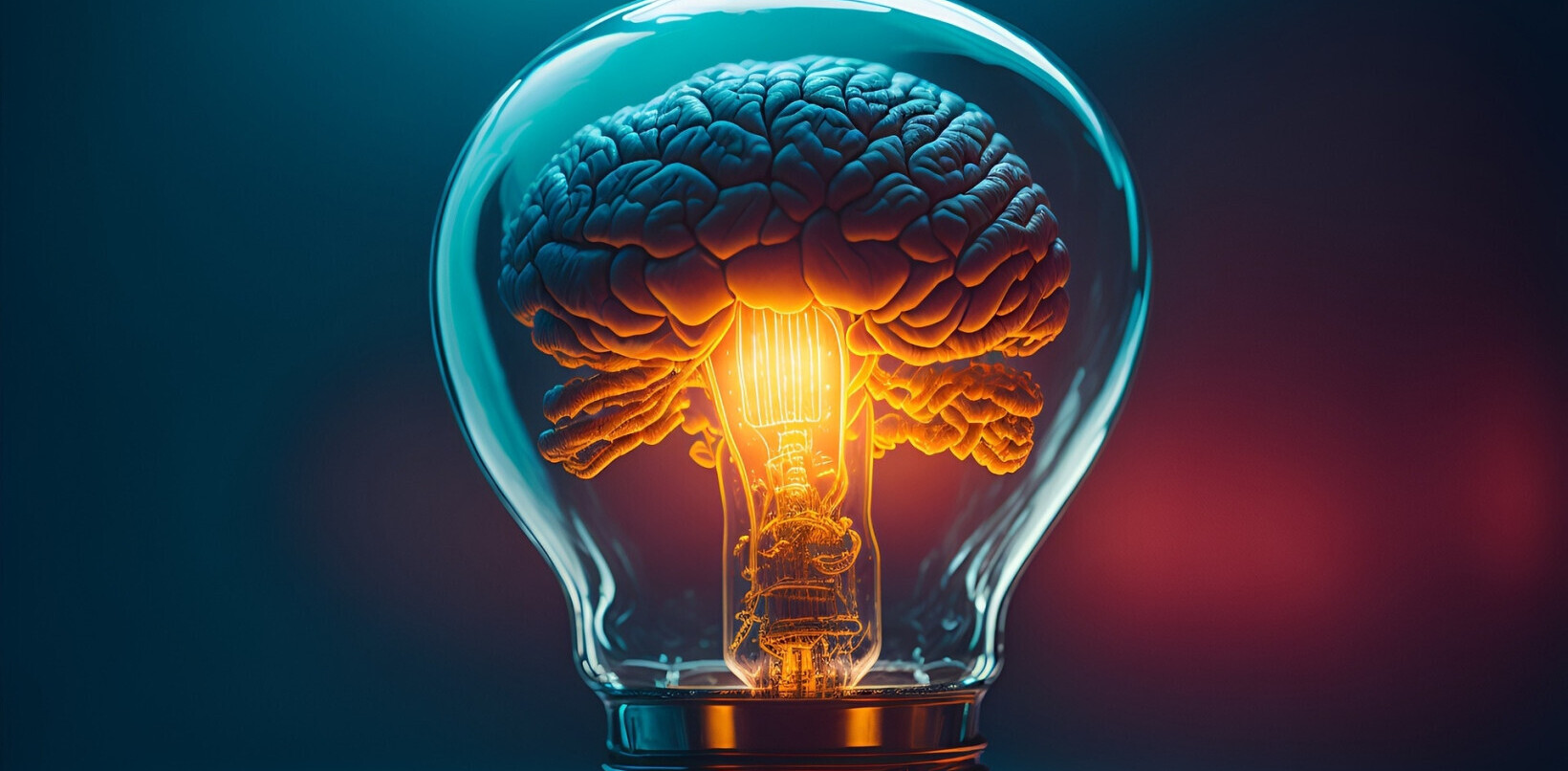
DeepMind wants to solve the problem of patient deterioration in hospitals. The Google sister-company fed its AI the historical medical records of about 700,000 US veterans in hopes it will learn to predict changes in patient condition that, unchecked, lead to death.
The partnership between DeepMind and the Veterans Administration (VA) brings some of the top minds in artificial intelligence research together with “world-renowned clinicians and researchers” working for the government.
Basically, the US government is turning to, arguably, the smartest computer on the planet in order to find a cure for human-error. According to the laws of 1980s movies the robots will be attacking by the time you finish reading this sentence.
All kidding aside, AI is transforming the medical field – as we’ve written before – and this is another example of that sweeping change.
Traditionally, nurses are responsible for monitoring patients. Since it isn’t feasible to place every patient under constant direct care, the vast majority of patient monitoring is done remotely through electronics and sensors like EKGs and respirators. Nurses and doctors make rounds, checking in on each patient, and listen for alarms at a central station, but there’s really no one watching most patients the majority of the time.
If DeepMind can teach AI to figure out why patients deteriorate then machines can, theoretically, take over monitoring duties. And it’s absolutely feasible for AI to continuously watch every patient all the time — computers don’t take breaks or get tired. This might not be the instant solution to human-error in the medical field – the third leading cause of death in the US – but it’s a start.
It’s worth mentioning that all the data gleaned from service members’ records was scrubbed of personal information in order to maintain the privacy of the veterans they belonged to.
The team focused on a specific problem in order to lay the groundwork for further work in the field. According to a DeepMind blog post:
We’re focusing on Acute Kidney Injury (AKI), one of the most common conditions associated with patient deterioration, and an area where DeepMind and the VA both have expertise. This is a complex challenge, because predicting AKI is far from easy. Not only is the onset of AKI sudden and often asymptomatic, but the risk factors associated with it are commonplace throughout hospitals. AKI can also strike people of any age, and frequently occurs following routine procedures and operations like a hip replacement.
DeepMind may be the smartest team in artificial intelligence research. There’s no better place to focus its energy and effort at the cutting-edge than in saving human lives. Solving the human-error problem in hospitals could dramatically lengthen our species expected lifespans. It would be huge.
But, we’d better have Matthew Broderick standing by just in case.
Want to hear more about AI from the world’s leading experts? Join our Machine:Learners track at TNW Conference 2018. Check out info and get your tickets here.
Get the TNW newsletter
Get the most important tech news in your inbox each week.





